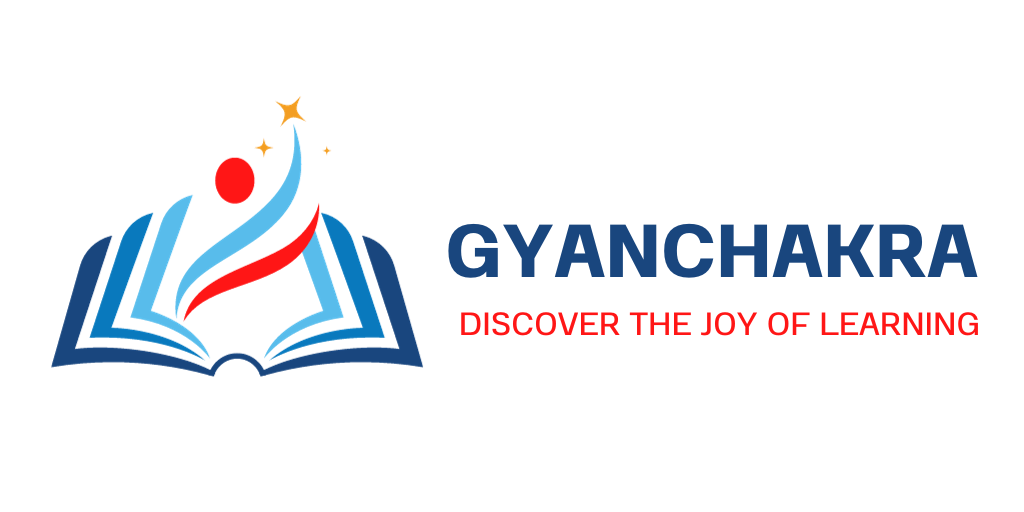Class 8th Social Science
Social Science

Civics Chapter 1: The Indian Constitution
The Indian Constitution : We follow rules in almost everything we do. There are certain rules in a family as to when people wake up

Civics Chapter 2: Understanding Laws
Understanding Laws : When we say that the Constitution is the foundation of all laws, we do not mean that nothing in it can be changed

Civics Chapter 3: Understanding Marginalisation
Understanding Marginalisation : The term ‘Adivasis’ literally means ‘original inhabitants’. Since time immemorial, the Adivasis have been living in lands

Civics Chapter 4: Law and Social Justice
Law and Social Justice : Laws are made to govern the country and its people. They are made so that the rights of the common people are not violated

Civics Chapter 5: Understanding Secularism
Understanding Secularism : In India, any citizen can contest elections, or join the armed forces or the police, or own land, or win a scholarship, etc.

Civics Chapter 6: JUDICARY
JUDICARY : When we speak of the judiciary, we mean the judges, or the courts taken collectively. Besides punishing wrong-doers
- Mock Test
- Sectional Test
- Advance Test
- Previous Year Test


Civics Chapter 7: Confronting Marginalisation
Confronting Marginalisation : The Constitution of India has given fundamental rights to each citizen of the country irrespective of religion

Civics Chapter 8: Why Do We Need a Parliament?
Why Do We Need a Parliament? : During the colonial period, people of India had no role in the formulation of the laws which dealt with the administration

Civics Chapter 9: Understanding Our Criminal Justice System
Understanding Our Criminal Justice System : The criminal justice system in any country deals with elements such as the police, a public prosecutor

Civics Chapter 10: Public Facilities
Public Facilities : Public facilities are provided by the state to its citizens. For example, water, sanitation and health facilities are provided
Geography

Chapter 1: Resources
Resources : Look and see the beautiful world around you. The flowers blooming in the garden, the bees and butterflies humming on them

Chapter 2: Agriculture
Agriculture : Farming depends on various conditions such as geography of land, availability of labour, kinds of tools used and the level of technology.

Chapter 3: Land, Soil, Water, Natural Vegetation and Wildlife Resources
Wildlife Resources : Land, soil, water, natural vegetation and wildlife are some extremely vital resources for any country.

Chapter 4: Human Resources
Human Resources : People are a nation’s greatest resource. Nature’s bounty becomes significant only when people find it useful.

Chapter 5: Minerals and Power Resources
MINERALS AND POWER RESOURCES : Any naturally occurring substance which has a definite chemical composition is a mineral. Minerals are formed

Chapter 6: Industries
INDUSTRIES : The word 'industry' refers to any economic activity concerned with the processing of raw materials into finished products
History

Chapter 1: How When and Where
HOW WHEN AND WHERE : Since long history has been associated with dates. It was because historians and people were mostly concerned

Chapter 2: Tribals, Dikus and the Vision of a Golden Age
THE VISION OF A GOLDEN AGE : The tribals in the nineteenth century were involved in many activities. They were a part of the following economic activities:

Chapter 3: India after Independence
India after Independence : The joy of Indian Independence in 1947 from the colonial rule was marred by the partition of the country.

Chapter 4: Weavers, Iron Smelters, and Factory Owners Indian Textile
FACTORY OWNERS INDIAN TEXTILE : The East India Company came to India primarily for trading purposes. To secure their trading interests, they gradually occupied

History Chapter 5: FROM TRADE TO TERRITORY
FROM TRADE TO TERRITORY : After the death of Aurangzeb in 1707, the Mughal Empire began to disintegrate. Many Mughal governors and big zamindars

Chapter 6: When People Rebel
When People Rebel : The revolt of 1857 shook the foundations of the British rule in India. The revolt took place because of numerous reasons.

Chapter 7: The Changing World of Visual Arts
The Changing World of Visual Arts : India had its own indigenous forms of art before the arrival of the British. The advent of the British brought changes

Chapter 8: Women, Caste and Reforms
WOMEN CASTE AND REFORMS : The Indian society in the nineteenth century was orthodox in nature. Some common societal practices existing at this time were

Chapter 9: Ruling the Countryside
Ruling the Countryside : In 1765, the Company received the Diwani (right to collect revenues) of Bengal from the Mughal Emperor. It resulted in the following:

Chapter 10: Colonialism and the City
COLONIALISM AND THE CITY : In India, the cities of Calcutta, Bombay and Madras emerged as Presidency cities during the late eighteenth century.

Chapter 11: Civilising the “Native”, Educating the Nation
CIVILISING THE NATIVE : After the British conquered India, many changes came into Indian political, economic, educational, social, and cultural aspects.



